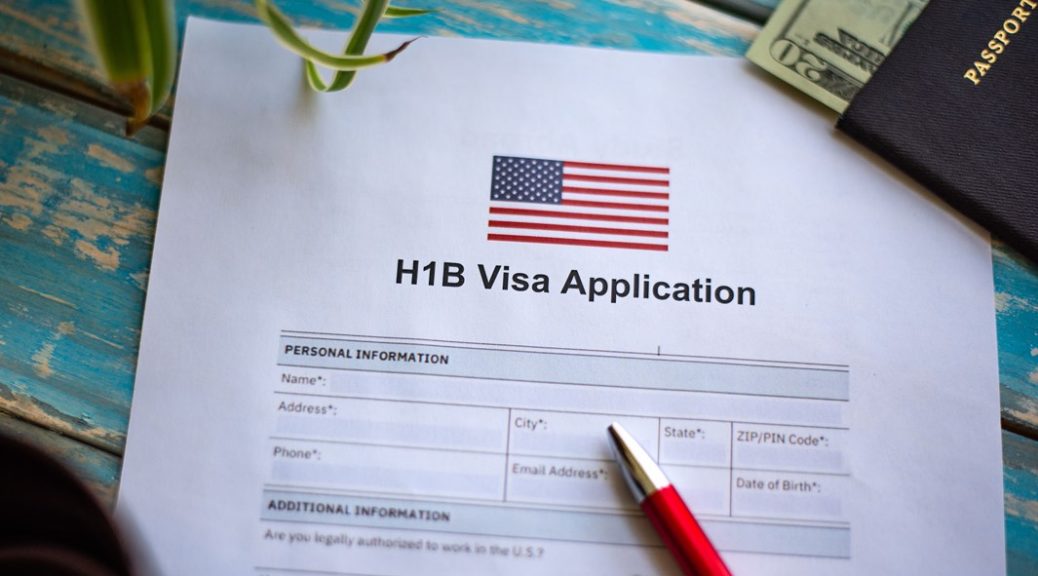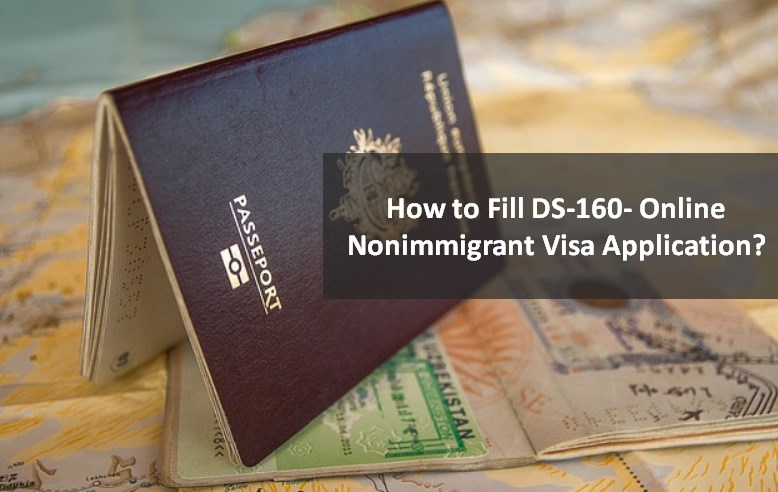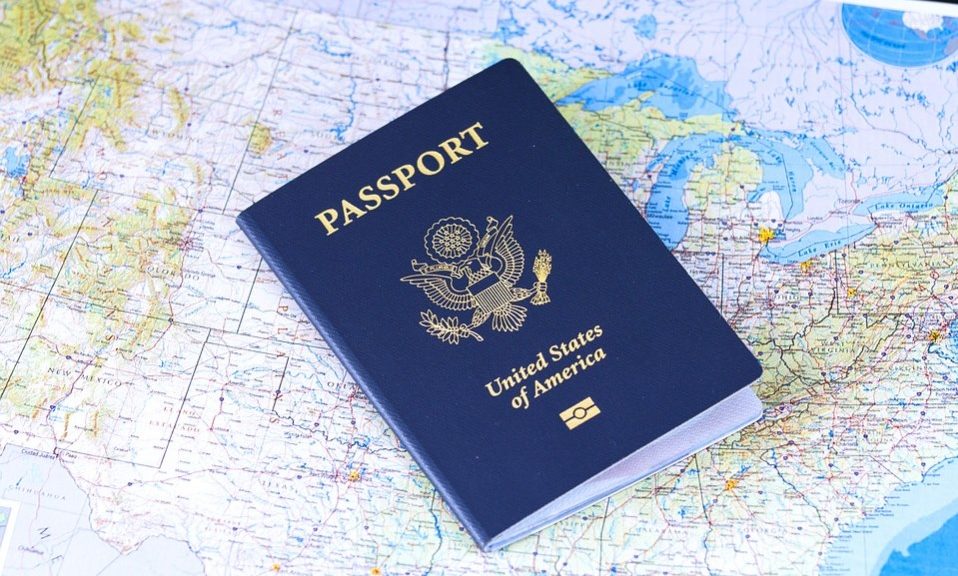
H-1B Visa-Importance, Benefits, and Requirements
Specialty Occupation for H1B Visa
The H1B visa is a unique visa that allows foreign nationals to perform specialty occupations in America. These domains can be any of these, but not limited to Architecture, engineering, mathematics, and physical sciences. The “specialty occupation” refers to a work that requires the following:
- Theoretical knowledge and practical application of highly specialized knowledge, and
- Having a bachelor’s or higher degree in the specific specialty (or its equivalent) as a minimum requirement for any occupation in the United States
You may apply for an H1B visa with a bachelor’s degree for any part-time or full-time job opportunity. Each year, 65,000 H1B visas are made available. For those who have advanced degrees like doctors, or engineers, there are an additional 20,000 from US institutions.
Validity of H1B Visa
The validity of this visa is up to three years. For a total of six years, it can be extended to the next three years. The holder or bearer can bring along his wife, parents, or children. These all should be shown as his dependents. Also, these dependents would be eligible for H4 status.
Job Change
Holders of H1B visas are allowed to change employers. For this, they must fulfill certain conditions. Permanent immigration status may be available to H1B beneficiaries. It is a dual intent visa. This means that the temporary immigrant is illegally trying to have permanent residency with non-immigrant visa status. Basically, the doctrine of dual intent is for the non-U.S. nationals. It discloses their intentions as to how long they think to stay in the United States.
What are the advantages of the H1B Visa?
Here is a roundup of a few of the many benefits associated with the H1B visa.
- Right to Legally Work in the US
The H1B permits foreigners to work in specialty occupations in the United States. It ensures highly qualified people live and work there. Both, the beneficiaries and US economies, benefit from this arrangement.
- Can Pursue Permanent Resident Status
Contrary to the J1, H2B, H3, or B visas, the H1B visa is for nonimmigrants. They only need to prove “temporary entry” and not their intent to become a nonimmigrant. Upon the expiry of the H1B status, you must show that you intend to leave. It is simply because a non-native is not allowed to have a residence in another country. You can still apply for benefits while having H1B status. This could include a green card or other immigration benefits.
- Dependents Can Live Along With
You can apply for H4 status for your spouse and dependent children if they are younger than 21 and unmarried. You all can travel to the United States together. H4 status allows your children to attend school, but they are not eligible to work (subjects to some exceptions). To join the principal worker, H4 status holders must be present in the United States. If the H4 status holder is not in the US, the H1B principal holder will be removed.
- It’s transferable
The portability benefits of the H1B visa are a major advantage. You can file a new petition if you have an H1B visa and may change employers.
What are the requirements to obtain an H1B visa?
There are many requirements associated with the application for an H1B visa. A lawyer who specializes in immigration can help you determine whether you are eligible for it. Services 2 NRI can guide you in gathering pieces of evidence to prove your eligibility. Random site checks can help you, but may not satisfy you completely in this regard. With us, you can easily get it done & get verified for this document to stay and work in America.
Conditions to Apply for this Visa
- Require an Offer Letter from the US-based Employer
For this, an employer must offer a job to the beneficiary. He can either offer a job through a written agreement or, in the absence of a written contract, through an oral summary. Evidence must also be provided to support the beneficiary’s need.
- An employer-employee relationship is Must
This is a crucial and required condition. Employer control is a condition for a valid employer-employee partnership. The petitioner (US-based employer) must have control over the beneficiary’s work. The USCIS will deny any petition if the beneficiary is not an employee or reportable to the petitioner.
- Should Have No Labor Disputes
If there is a strike at the beneficiary’s job site, the USCIS will deny your petition. If the petition has been approved for being involved, however, the process will be stopped and you will not be allowed to travel to the US.
- Specialty Occupation
As aforesaid, this visa requires you to have a specialization occupation, which requires knowledge in a specific field. Refer to these websites:
- The Department of Labor’s Occupational Outlook Handbook, (OOH),
- Or, NET online system by the Department of Labor
- Or, the Department of Labor’s Dictionary of Occupational Titles.
The job description is not the most important thing, but the job duties of each applicant are. The job description will then be thoroughly analyzed. This will include the job description, including the exact tasks, requirements, duties, as well as the actual requirements for the position.
- Pay Outstanding Fees
The employer must pay all fees for an H1B petition. If the fee is not required, please explain in your cover letter.
One of the most sought-after visas that allow foreign nationals to work in specialty occupations in the United States is the H1B visa. Now you should have a better understanding of all aspects of an H1B visa including benefits, requirements, and how to apply for it.



 this is link
this is link